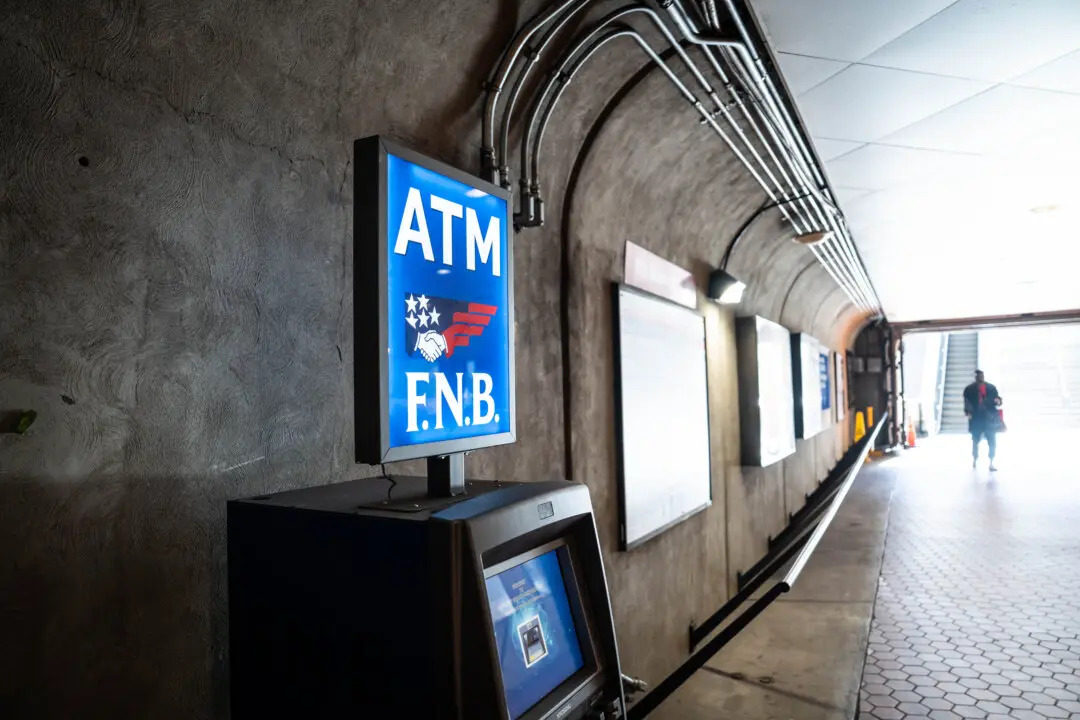The American economy is signaling growing signs of slipping into a recession as the Leading Economic Index (LEI) continued its monthly decline in April, predicting a deterioration in the economic outlook.
The Conference Board’s LEI for the United States fell by 0.6 percent in April following a 1.2 percent decline in March, according to a May 18 press release. “The LEI for the US declined for the thirteenth consecutive month in April, signaling a worsening economic outlook,” said Justyna Zabinska-La Monica, a senior manager at The Conference Board. “The LEI continues to warn of an economic downturn this year. The Conference Board forecasts a contraction of economic activity starting in Q2 leading to a mild recession by mid-2023.”





